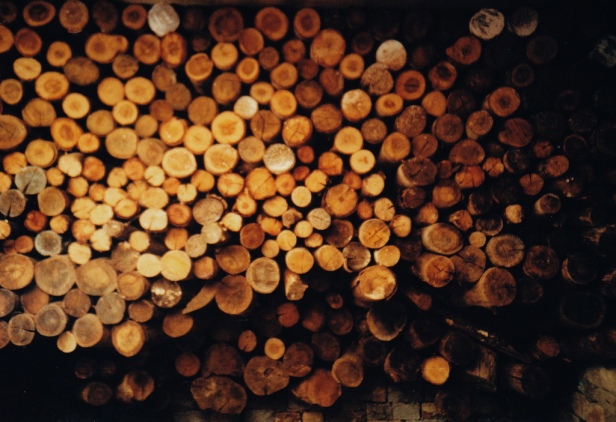Report highlights how European timber companies are funding rebel groups in the Central African Republic, discrediting the multi-million Euro EU illegal timber agenda.
The Global Witness report, entitled ‘Blood Timber-The Case of the Central African Republic‘ documents how European companies from France and Germany have paid in excess of US$4 million to Seleka armed groups and more recently smaller sums of around Euro 127,864 to anti-balaka groups in the south-western forested areas. Timber, the largest export for the Central African Republic (CAR), is poorly regulated allowing parts to be captured by armed groups and used to fund their activities.
The Seleka rebels, largely Muslim, rose against the then-president Francois Bozize in 2013, disposing him and installing Michel Djotodia until 2014 (detailed information on the conflict is available here). During this period Seleka rebels and the opposing mostly Christian anti-balaka rebels where responsible for widespread human rights abuses. Recent developments in 2015 have seen reconciliation attempts, particularly the recent Bangui Forum, but the political and economic situation in the country remains factionalised, unregulated and corruption is rife.
The report states that “the EU and its member states hold a large degree of responsibility for the current situation. EU companies have been trading large quantities of CAR wood since the beginning of the conflict, by ignoring European legislation tailored to fight the illegal timber trade – the EU Timber Regulation (EUTR)“.
Global Witness identify one particular company, Société d’Exploitation Forestière Centrafricaine (SEFCA), who were recently invited to the European Commission’s annual stocktaking event, despite a long record of illegal logging and paying “significant sums of money to armed groups… including a CFA Francs 250 million (€381,000) payment to the Seleka regime.”
SEFCA, currently the largest timber exporter in CAR, also attended the EU’s Forest Law Enforcement, Governance and Trade (FLEGT) conference earlier in March, even though one of the pillars of the FLEGT initiative is combating the illegal timber trade; “a logging company like SEFCA does not belong at an EU stakeholder conference. It belongs in a courtroom”, said Alexandra Pardal, campaign leader for Global Witness.
“Blood timber is just as harmful as blood diamonds. The EU’s multi-million euro illegal logging agenda risks becoming a rogues’ gallery and discredited if it legitimises companies like SEFCA. If the EU decides to pursue a commercial timber trade agreement with CAR’s failed state involving SEFCA, that’s exactly what it will be doing,” Pardal said.
Similarly in what would seem a counter-intuitive move the French Development Agency (AFD) has been financially supported logging companies in CAR and in turn funding armed groups and funding, in part, the conflict French troops were sent to contain, explained the report.
Global Witness provide an extensive and thorough analysis of the issue (available here)
Find out more the Africa Research Bulletin:
Central African Republic: Timeline
Political, Social & Cultural Series
Vol.50, Issue.4, Pp.19670B-19670C
Central African Republic: Agreements Between Armed Groups
Political, Social & Cultural Series
Vol.52, Issue.4, Pp.20536B-20537A
Timber: Africa
Economic, Financial & Technical Series
Vol. 45, Issue.5, Pp. 17859C-17860C
Subscribe to the Africa Research Bulletin today


